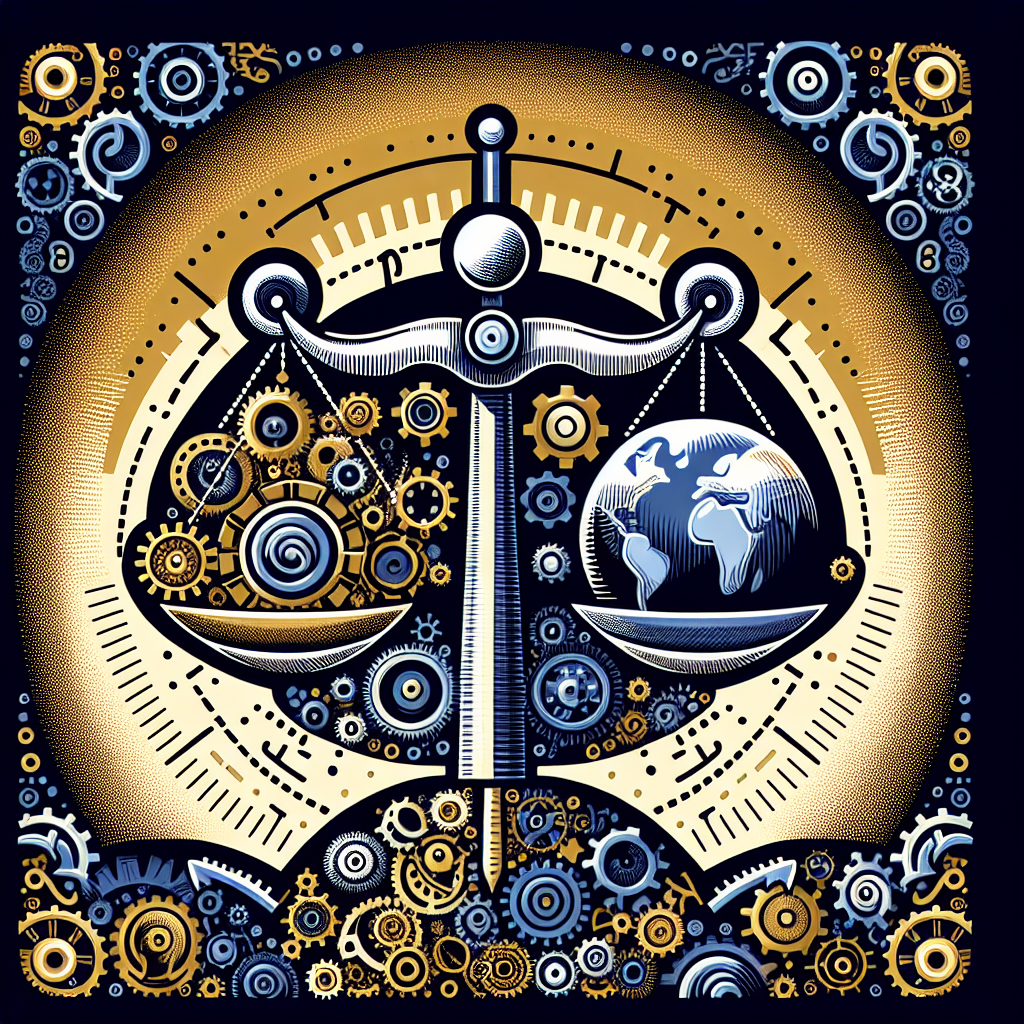Artificial Intelligence (AI) has become an integral part of our daily lives, from the personalized recommendations we receive on streaming platforms to the voice assistants that help us navigate our smartphones. However, the development and deployment of AI technologies have largely been controlled by a select few companies and organizations, leading to concerns about bias, privacy, and inequality. AI democratization, the process of making AI technologies more accessible and inclusive, has the potential to address these issues and empower individuals and communities in unprecedented ways.
The Impact of AI Democratization on Society
1. Increased Accessibility: One of the key benefits of AI democratization is the increased accessibility of AI technologies to individuals and organizations of all sizes. By lowering the barriers to entry, more people can leverage AI tools and solutions to solve complex problems, improve efficiency, and drive innovation. This democratization of AI can level the playing field and create new opportunities for underrepresented groups in the tech industry.
2. Empowerment of Communities: AI democratization can empower communities to address local challenges and make informed decisions. For example, AI-powered tools can help local governments optimize public services, such as transportation and healthcare, based on real-time data and insights. Community organizations can also use AI to analyze social media trends, identify emerging issues, and mobilize resources more effectively.
3. Ethical and Inclusive AI: By involving a more diverse group of stakeholders in the development and deployment of AI technologies, AI democratization can help address issues of bias, discrimination, and privacy. For instance, community-driven AI initiatives can prioritize ethical considerations, such as transparency, fairness, and accountability, to ensure that AI systems are designed and used in ways that benefit society as a whole.
4. Economic Growth: AI democratization can drive economic growth by enabling more businesses and entrepreneurs to leverage AI technologies for competitive advantage. Small and medium-sized enterprises (SMEs) can use AI tools to automate routine tasks, personalize customer experiences, and optimize operations, without the need for significant upfront investments. This democratization of AI can also foster innovation and entrepreneurship, leading to job creation and economic development.
5. Education and Skill Development: AI democratization can democratize access to AI education and skill development opportunities, enabling more people to acquire the knowledge and expertise needed to work with AI technologies. Online platforms, such as Coursera and Udacity, offer a wide range of AI courses and certifications that are accessible to individuals around the world. Community-driven AI initiatives, such as hackathons and workshops, can also provide hands-on experience and networking opportunities for aspiring AI professionals.
6. Social Impact: AI democratization can have a positive social impact by enabling individuals and organizations to address pressing social and environmental issues. For example, AI-powered solutions can help track and prevent the spread of diseases, predict natural disasters, and combat climate change. By democratizing AI, we can harness the power of technology to create a more sustainable and equitable future for all.
FAQs
Q: How can AI democratization address issues of bias and discrimination in AI technologies?
A: AI democratization involves involving a more diverse group of stakeholders in the development and deployment of AI technologies, which can help identify and mitigate biases in AI systems. By prioritizing ethical considerations, such as transparency, fairness, and accountability, we can ensure that AI technologies are designed and used in ways that benefit society as a whole.
Q: What are some examples of AI democratization initiatives?
A: There are several examples of AI democratization initiatives that aim to make AI technologies more accessible and inclusive. For instance, the OpenAI project provides open-access tools and resources for AI research and development. The AI for Good Global Summit brings together stakeholders from diverse backgrounds to discuss the ethical and social implications of AI. Community-driven AI initiatives, such as DataKind and AI4ALL, empower individuals and communities to leverage AI for social good.
Q: How can individuals and organizations get involved in AI democratization?
A: There are several ways that individuals and organizations can get involved in AI democratization. For starters, they can participate in community-driven AI initiatives, such as hackathons, workshops, and conferences, to learn about AI technologies and their potential impact on society. They can also advocate for ethical AI principles and policies that prioritize transparency, fairness, and accountability. By working together, we can harness the power of AI to create a more inclusive and equitable future for all.

